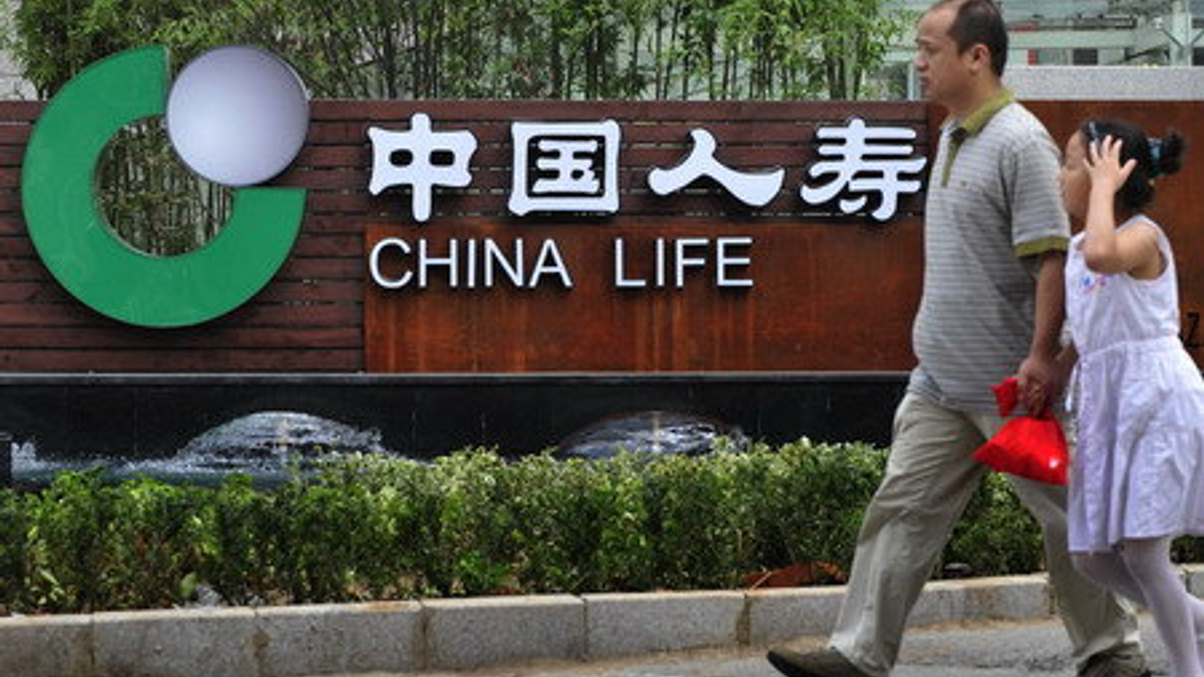China Life targets high-yield stocks after slump in profit
The largest insurer in China plans to invest more in high-yield stocks after investment returns dragged profit last year. It also outlined new ambitions after its management shakeup.

China Life plans to revamp its stock portfolio to focus more on investments in high-yield stocks after its equity volatility caused its net earnings to plunge in 2018.
Sign in to read on!
Registered users get 2 free articles in 30 days.
Subscribers have full unlimited access to AsianInvestor
Not signed up? New users get 2 free articles per month, plus a 7-day unlimited free trial.
¬ Haymarket Media Limited. All rights reserved.


